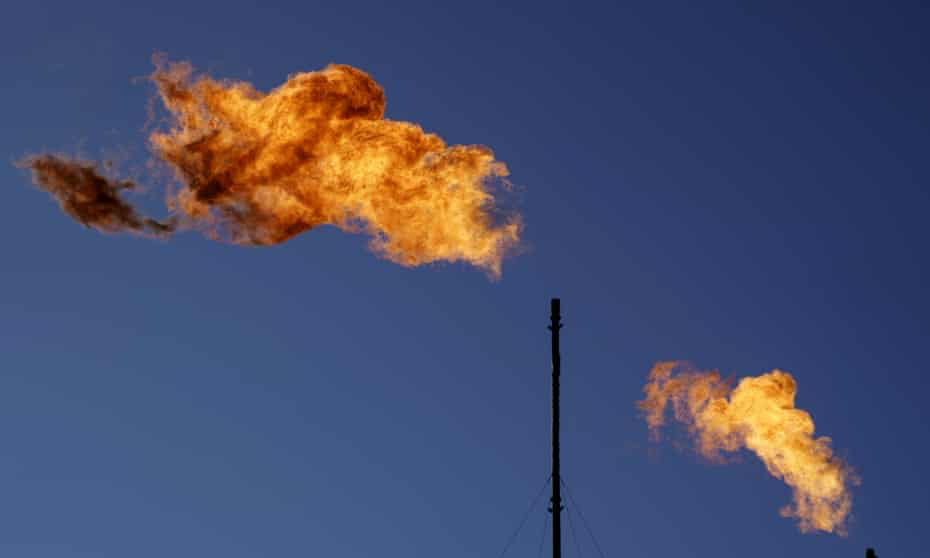The European Union (EU) is set to announce a deal to reduce methane emissions from the energy sector, a move that could have global implications for major energy importers. The deal is expected to be finalized on Tuesday, ahead of the COP28 climate summit in Dubai later this month.Methane is a powerful greenhouse gas that is responsible for about 30% of global warming since the pre-industrial era. It is emitted by natural sources such as wetlands and livestock, but also by human activities such as oil and gas production, coal mining, and waste management.The EU has pledged to cut its methane emissions by 55% by 2030, compared to 2005 levels, as part of its ambitious climate goals. To achieve this, the bloc is proposing new rules to monitor, report, and verify methane emissions from the energy sector, which accounts for about 20% of the EU’s total methane emissions.The rules would require energy companies to install leak detection and repair systems, and to disclose their methane emissions data. The EU would also establish a Methane Emissions Observatory, an independent body that would collect and verify emissions data from satellites and other sources.But the most controversial aspect of the proposal is the possibility of imposing stricter standards on energy imports, such as natural gas and oil, from countries that do not have comparable methane regulations. The EU is the world’s largest importer of natural gas, and relies on imports from countries such as Russia, Algeria, and Qatar.The EU has said that it will phase in these standards gradually, starting with voluntary agreements with its main suppliers, and then moving to mandatory requirements by the end of the decade. The bloc hopes that this will create a global market for low-methane gas, and incentivize other countries to adopt similar measures.The EU’s methane strategy has been welcomed by environmental groups, who say that it is a crucial step to limit global warming and improve air quality. Methane has a much higher warming potential than carbon dioxide, but it also has a shorter lifespan in the atmosphere, which means that reducing it can have a faster and more noticeable impact on the climate.However, the strategy has also faced opposition from some industry groups and member states, who argue that it could increase energy costs and undermine the security of supply. They also warn that it could trigger trade disputes with the EU’s partners, who may see the standards as a form of protectionism.The EU’s negotiators will try to overcome these differences and reach a compromise on Tuesday, in what is expected to be the final round of talks. If they succeed, the EU will have a new tool to fight climate change and show leadership on the global stage.The deal could also inspire other countries and regions, such as the US and China, to follow suit and take action on methane emissions. This could create a momentum for more ambitious climate action, and help the world achieve the goals of the Paris Agreement.Source: Bloomberg
EU to Cut Methane Emissions, Targets Energy Importers
231
previous story



